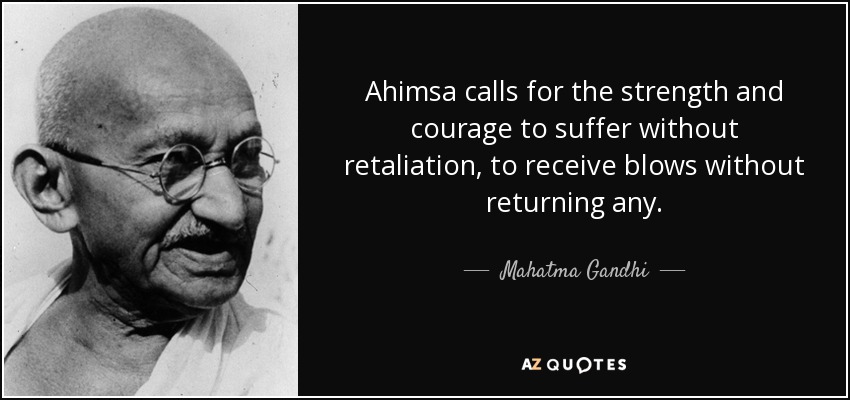

Behavioral economics is the study of (often irrational) decision-making in the real world. Spinning a wheel of fortune during a study is one thing.

And that affects how we view and treat money. There was no way to describe the anchoring effect of a wheel of fortune as reasonable. The higher roulette number influenced their decision-making.Īs Kahneman writes in his classic book, Thinking, Fast and Slow, People’s judgments were influenced by an obviously uninformative number. Participants who wrote down 10 averaged a guess of 25% for the second question. What is your best guess of the percentage of African nations in the UN?.Is the percentage of African nations among UN members higher or smaller than the number you just wrote?.Each participant had to write their number down. The caveat: the wheel was fixed so that it would stop on either 10 or 65. To test this idea, Kahneman and Tversky recruited students from the University of Oregon to spin a roulette wheel that was marked from 0 to 100. This is known as the anchoring effect, a cognitive bias that greatly affects your financial decision-making.įirst demonstrated by Daniel Kahneman and Amos Tversky in 1974-the first mention of anchoring was in 1958, but they were the first to research and test the hypothesis-the researchers discovered people use the first piece of information they see as an “anchor” to judge all subsequent information. Decades of research contradicts this belief, however-especially when it comes to the first thing you’re told about a topic. Most people believe they think critically about decisions, carefully weighing out numerous possibilities before coming to a conclusion. Are you influenced by the first piece of information you see?


 0 kommentar(er)
0 kommentar(er)
